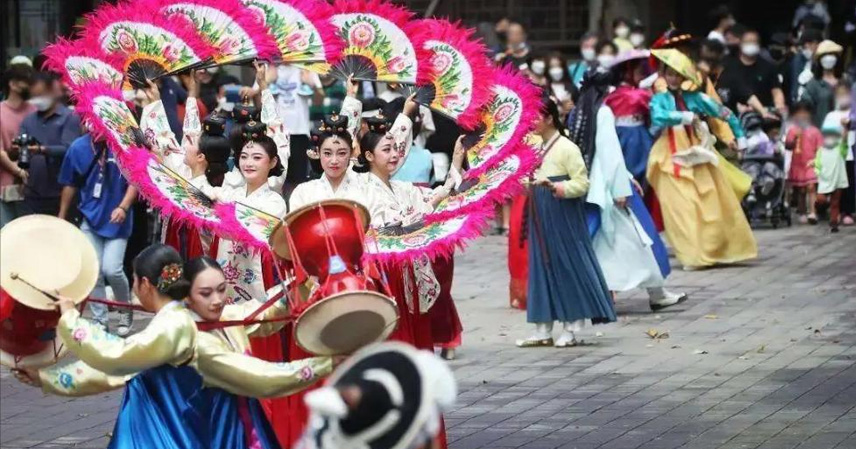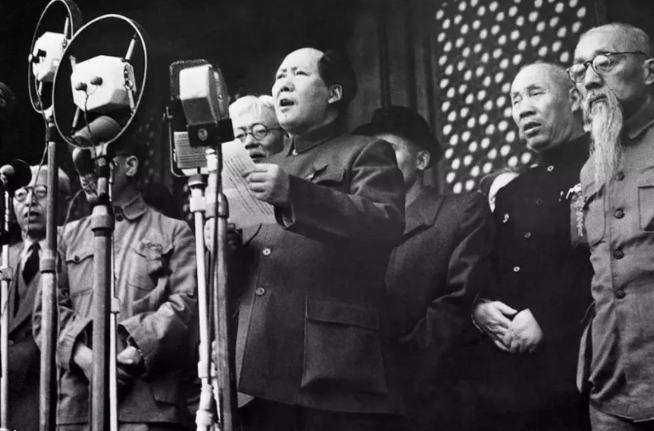Korea has long been assertive in claiming cultural heritage, sometimes detaching entirely from historical reality. For years, some Koreans have claimed Confucius as theirs, invented Chinese characters, and even appropriated traditional festivals such as the Dragon Boat and Mid-Autumn Festivals.
This cultural assertiveness is not limited to the general public. Some Korean scholars have taken it further, making exaggerated claims that, before the Han Dynasty, China was actually under Korean rule. Surprisingly, foreign netizens reacted with strikingly consistent skepticism.
“Assertions” and Questionable Evidence
Korea has often shown overconfidence in this area, seemingly eager to credit all of world culture to themselves. Alarmingly, this mindset extends to some professors and intellectuals, which entrenches such beliefs further.
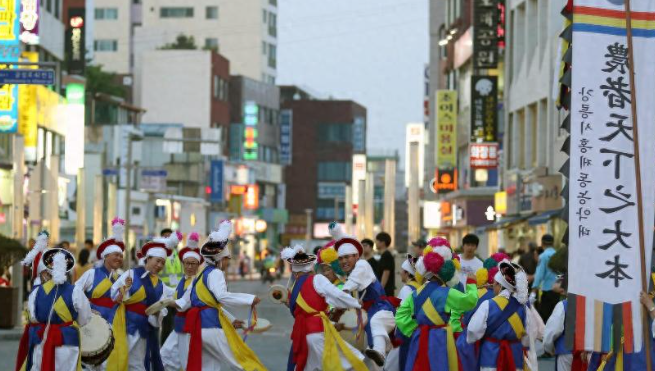
At a large-scale lecture in Korea, one professor openly claimed that China was under Korean rule before the Han Dynasty, citing what he considered evidence. Central to his argument was the similarity between Bronze Age artifacts excavated in Liaoning, China, and Korean relics.
In 1973, a bronze pit was discovered in Gushanpo, a Mongolian autonomous county in Liaoning. Pit 1, found on March 6, contained six Shang dynasty bronzes. Pit 2, discovered two months later, also contained pre-Qin Shang-Zhou bronzes. Excavations revealed layers about 1.5–2 meters deep, along with pottery fragments and animal bones, suggesting burial contexts.
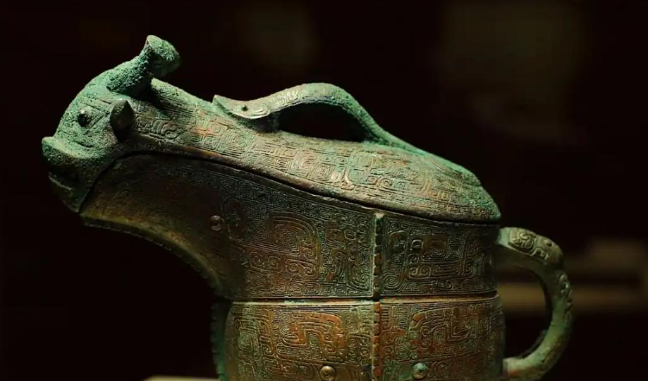
A second major discovery occurred in 1986 in a small village in Tuchang County, unearthing primarily bronze and iron weapons. Notable examples included bronze swords with worn blades, likely battle-damaged, along with replacement parts and fittings.
The Korean professor argued that Liaoning artifacts and Korean relics’ similarities proved Korea once ruled the adjacent Chinese territories. He claimed large-scale wars likely occurred, and that China “separated” from Korean control afterward—leading to the absurd conclusion that “China before the Han Dynasty belonged to Korea.”
Myth-Based Speculations
Even more remarkable, the professor relied on the Samguk Yusa, compiled during the late Goryeo Dynasty. This work, containing legends, poems, and folklore, was written in classical Chinese and drew on Korean thought as well as pre-Qin Chinese classics.
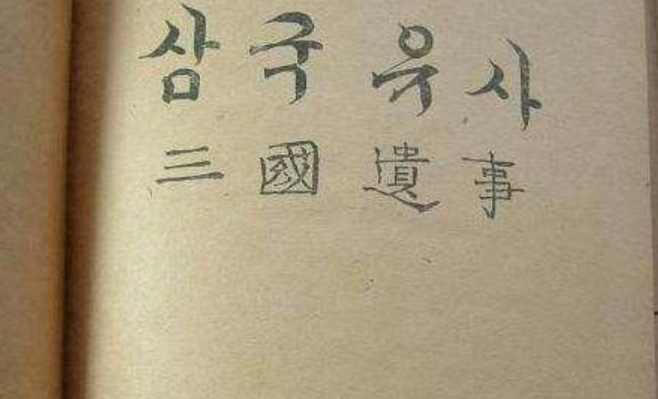
He argued that the similarities in stories, especially fox spirits resembling Chinese tales from the Shang Dynasty, proved pre-Han China had close ties with Korea. From these myths, he deduced Korea had sovereignty over China—a conclusion widely ridiculed by netizens.
Netizen Reactions
Commentators agreed that national claims cannot rely on mythological stories. The Samguk Yusa, borrowing from other cultures’ literature, is essentially a collection of myths—beautiful imaginations without historical validity. Many demanded that Korea provide verifiable, substantive evidence. Japanese netizens humorously noted that, by the same logic, Japan could claim that Korea’s rice came from Japan if such myth-based reasoning were acceptable.
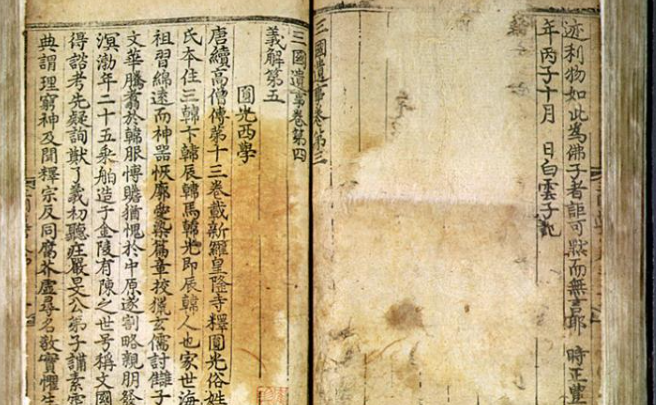
Historical Context of the Korean Peninsula
Archaeological finds in Pyongyang’s outskirts, including prehistoric tools and fossils dating 400,000–50,000 years ago, suggest early human habitation. Later discoveries, such as the Deokcheon Man, date 100,000–40,000 years ago. Comparatively, China’s Peking Man and Yuanmou Man predate these finds, indicating a much earlier cultural start.
During the Han Dynasty, Korea was still in a primitive tribal stage, with no developed state structure. Interaction with China existed, but Korea lacked the capacity to govern Chinese territories. Claims that pre-Han China was under Korean rule are therefore historically untenable.
References:
- Kim Dong-uk. Study on Dream Narratives in Samguk Yusa [D]. Minzu University of China, 2015.
- Zhang Xiaoming. Trade between Liaodong and the Korean Peninsula in the Ming Dynasty [D]. Liaoning Normal University, 2021. DOI:10.27212/d.cnki.glnsu.2021.000013
- Li Chunhu. Preliminary Study on the Origins of Civilization on the Korean Peninsula [J]. Korean History Studies, 2015,(00):1-13.

